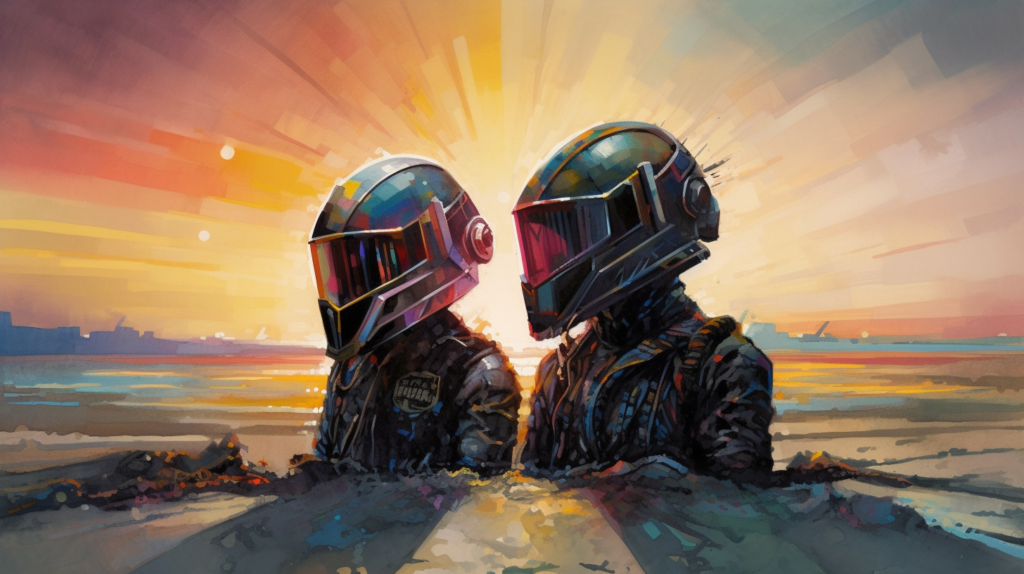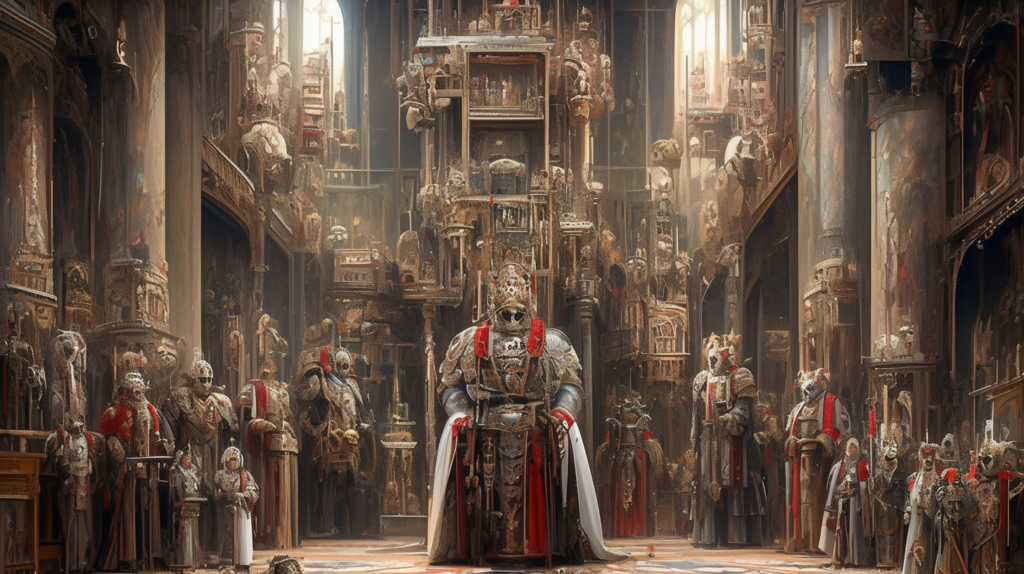
Greetings starfighters. It’s time for another edition of “10 Things” worth sharing with you. It’s almost the end of the school year here in the Bluegrass, and my thoughts turn to summer and to my daughter’s impending move to middle school. I’m old.
Anyway, I hope your life is just as interesting. Perhaps some of these shares will make it even more so.
10 Things Worth Sharing
-I read around 100ish books per year, but as a doctoral student, I’m having to read more. Here are some tips from two experts on how you can read more than you thought possible.
-If you’re in grad school, these books will help you get through and maintain your sanity.
-Some thoughts on how we can avoid raising machines (hint: let’s stop standardized testing) and raise humans.
-I put together some quick resources on Juneteenth that you may find helpful. I know most schools aren’t in session by the time Juneteenth rolls around, but we can’t overlook teaching this important date.
-One of my elementary teachers (and Future Shift Fellowship cohort member) created a podcast with her students. Actually, the students did all the work. It’s pretty awesome.
-Friend and professor John Nash, Ph.D., has done some amazing work with AI in his classes. In a recent episode of his podcast, he talks about testing AI and what does and doesn’t work.
-Fun stuff: if you’re of a certain age, you may remember The Midnight Special. What you may not know is that the show is back, thanks to the official YouTube channel.
-Have you ever seen a copy of Shakespeare’s First Folio? Here’s your chance.
–How Makerspaces in Schools Can Support Student Mental Health
-Final thoughts: Daft Punk released a tenth-anniversary edition of Random Access Memories, including what may be the “last Daft Punk song ever” and I’m totally not over it yet.
BONUS: As I was compiling this list, I got the notification that you can now provide input on the National Educational Technology Plan. Polls are open for K-12 Educators and Families. Please take some time to let your voice be heard. This is the first time since COVID-19 hit that this important policy document is getting an update. You can access the links to either poll right here.
Thanks for reading. The end of the school year means we’re officially in the “dads and grads” gifting season. I’ve put together a couple of book lists for quick and easy gifting. Here’s one for dads and one for grads. Enjoy!



